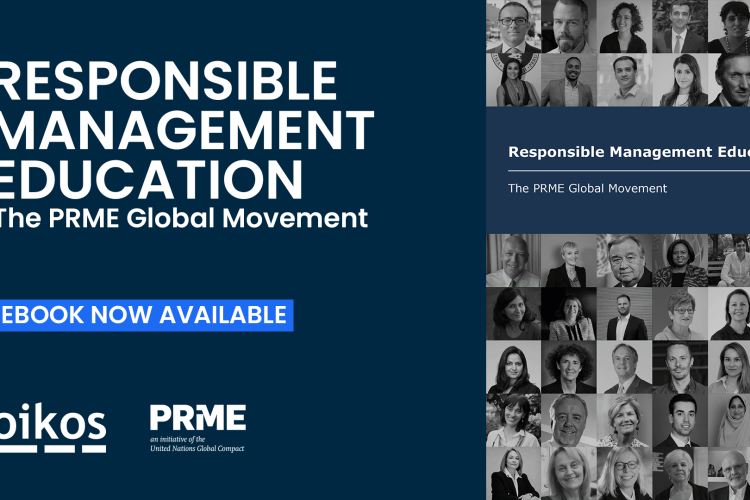Case Abstract
Royal Dutch Shell has started to assume social and political responsibilities that go beyond legal requirements and fill the regulatory vacuum in global governance and a public responsibility gap in Nigeria. Which implications does this engagement have for the firm, governance and democracy? And which public responsibility strategies can a multinational company (MNC) like Shell employ in a complex operating environment such as Nigeria to be sustainable?
This case explores the implications of Shell’s politicized role in a context where a regulatory governance framework is missing at the local and the global level. Additionally, the case discusses different public responsibility strategies that MNCs such as Shell can employ in a complex operating environment such as Nigeria. This case study is interesting as it fleshes out what constitutes Shell’s role under the conditions of globalization and a local public responsibility gap and what are the consequences of the company’s engagement in global governance and self-regulation. It also creates an understanding of the challenges which organizations in controversial industry sectors face in a context of increasing demands for sustainability.
[table id=70 /]



